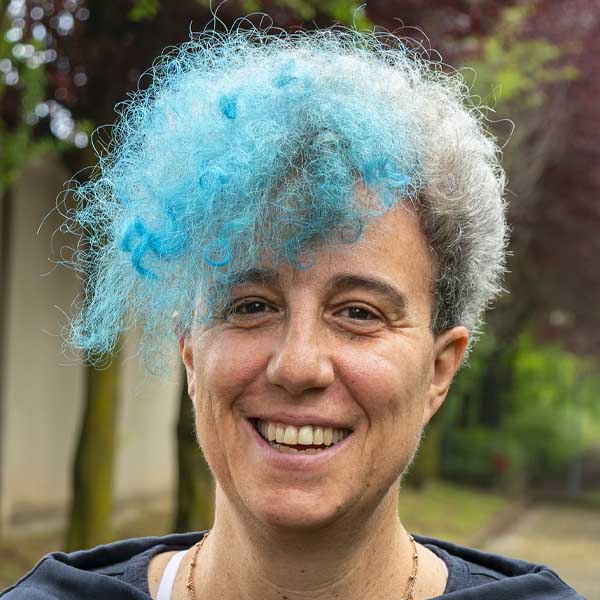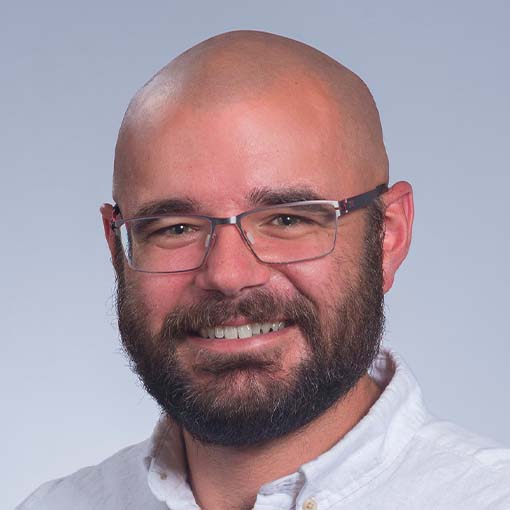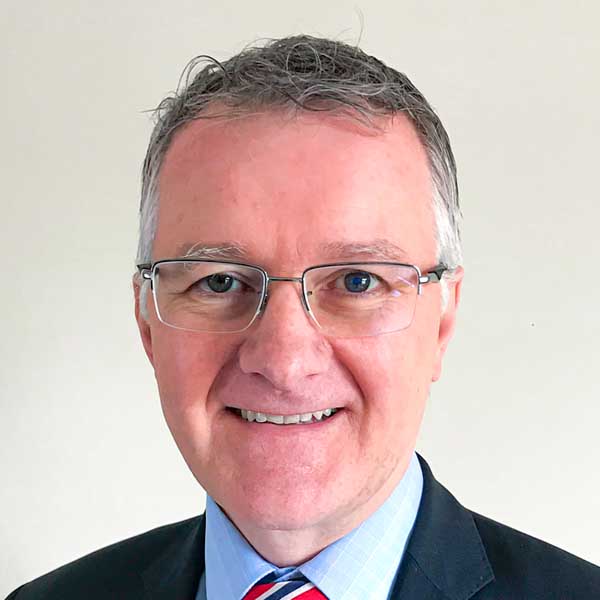Targeted Protein Degraders: Through the Lens of the Innovation, Developability, and CMC Challenges
Oral targeted protein degraders have attracted the attention of innovators looking to exploit their differentiated mechanism of action, which routes target disease-related proteins to the ubiquitin proteasome system for degradation. This approach, which can be used to address both existing and undruggable targets, has resulted in a growing portfolio of protein degraders in development. However, due to their molecular complexity, a rational drug design approach is challenging, resulting in novel drug discovery hurdles and many molecules with limited to no prospect of becoming oral drug candidates.
In this webinar, experts will review the trends and challenges associated with the rational design of targeted protein degrader drugs. This will be followed by a discussion on the developability assessment of this class of molecules that leverage novel models to account for, and serve to predict, their oral bioavailability. In addition, experts will share perspectives on how to inform the selection and development of orally bioavailable drugs, and CMC approaches to efficiently develop and manufacture targeted protein degraders.
Learning points:
- Review the therapeutic modalities that employ targeted protein degradation.
- Learn about the developability, CMC and PK challenges prevalent to oral targeted protein degraders.
- Discuss the specialized CMC capabilities and strategies that drive success at each milestone from development to clinic.
Audience – who should attend?
- C Suite
- R&D
- Product Development
- CMC
- Discovery Scientists
- Consultants
- Manufacturing








